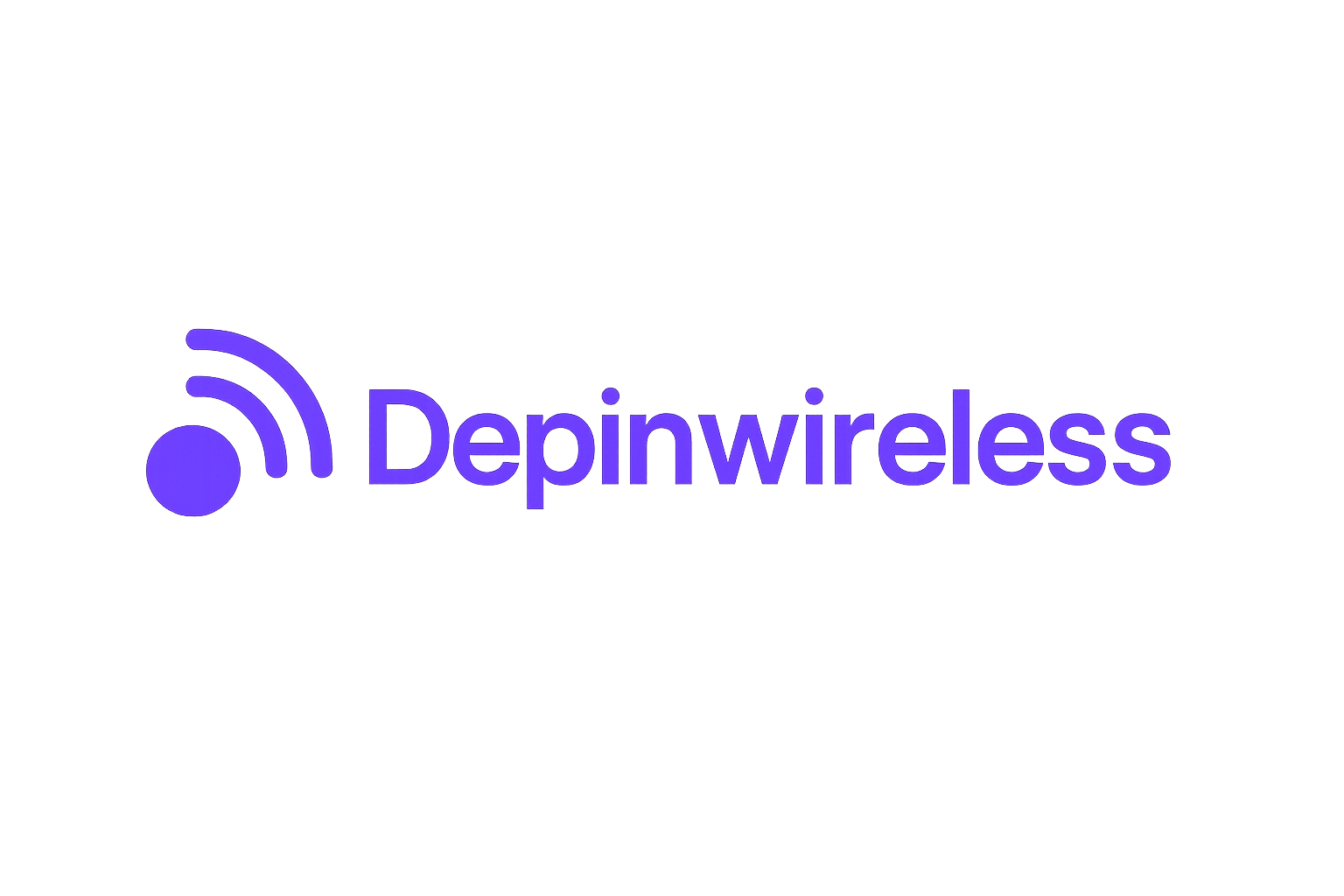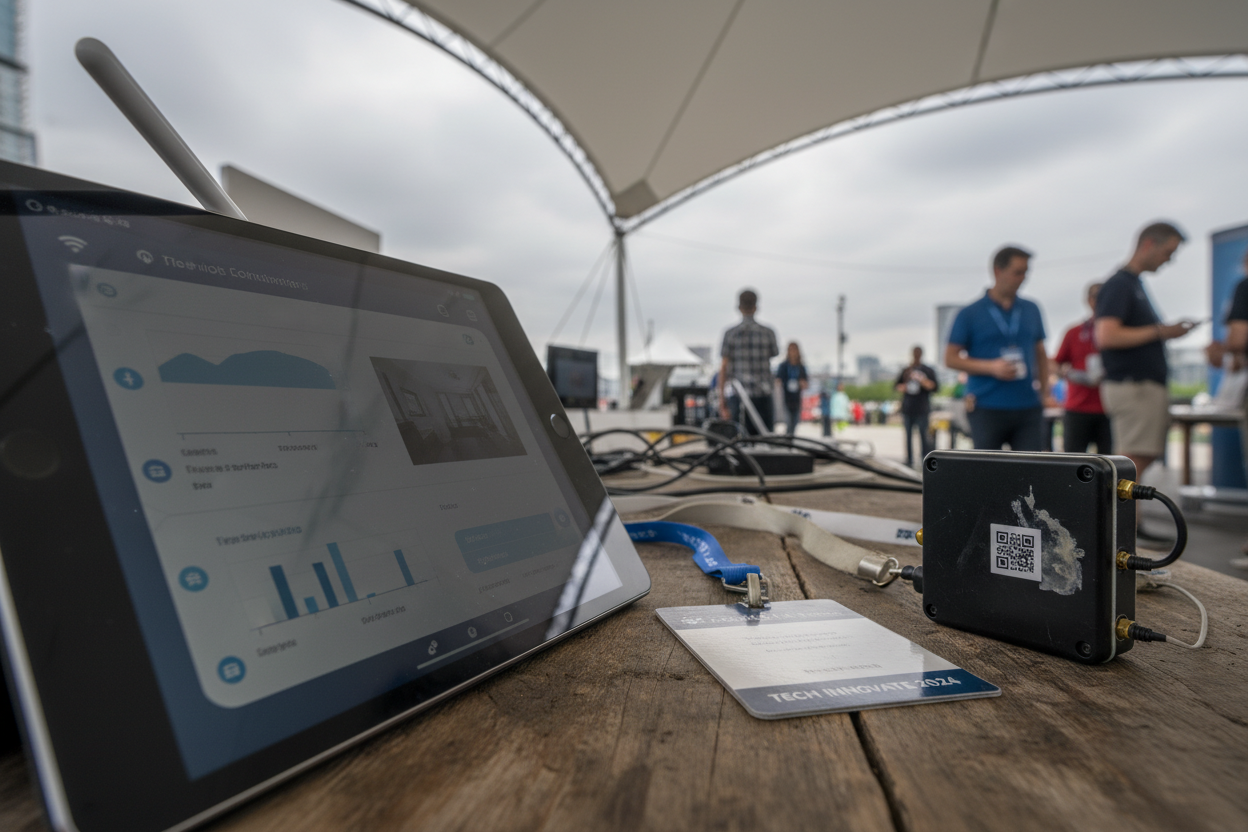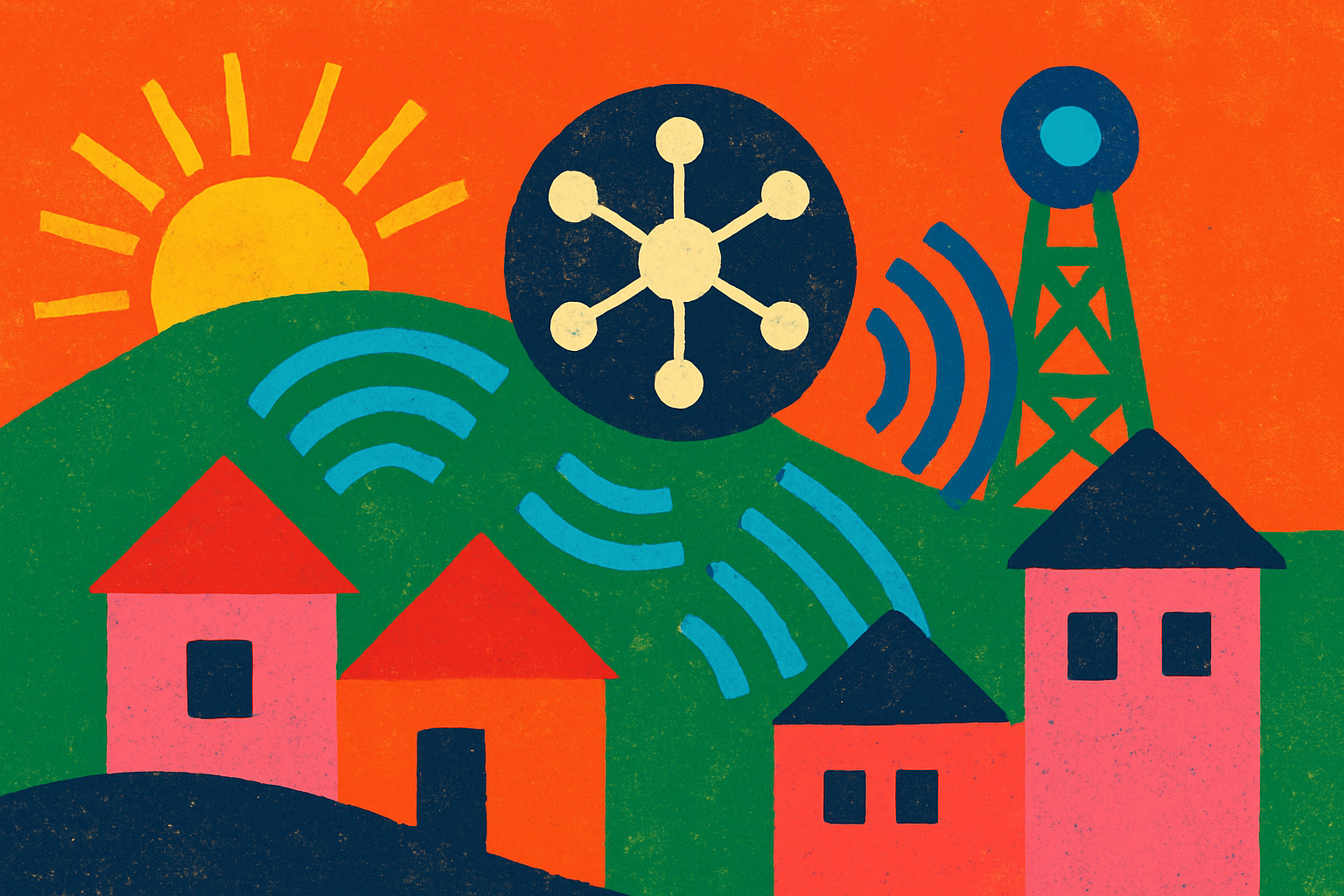
The traditional Internet landscape has long been dominated by a handful of large Internet Service Providers (ISPs), notorious for high prices, lackluster customer service, and limited competition. But in 2025, the paradigm is shifting as DAWN and Helium are forging a path toward a truly decentralized, tokenized community broadband model. Their partnership is not just technical innovation – it’s an economic and social revolution aimed at breaking the ISP monopoly through blockchain-powered infrastructure and incentive-driven participation.

Tokenized Community Broadband: The New Connectivity Blueprint
At the core of this movement is the concept of tokenized community broadband. Instead of relying on centralized ISPs to control last-mile delivery, DAWN and Helium empower individuals to deploy hardware nodes or hotspots. These devices provide wireless connectivity to their neighborhoods while rewarding owners with cryptocurrency for every byte of data transferred. It’s a model that aligns incentives: more coverage means more rewards, which in turn encourages rapid network growth.
The Helium DAWN partnership announced in January 2025 marks a watershed moment for decentralized wireless broadband. By integrating DAWN’s high-speed broadband nodes directly with Helium’s expansive mesh network, users can now access reliable Internet without ever touching a traditional ISP’s infrastructure. This model uses blockchain to ensure trustless transactions and transparent accounting, eliminating the need for middlemen entirely.
The Hardware Revolution: DAWN Black Box and Helium Hotspots
The practical foundation of this new ecosystem lies in accessible hardware like the DAWN Black Box. Slated for wide release on July 15,2025, the Black Box isn’t just another router – it’s a gateway into a decentralized mesh network on Solana that anyone can join. Plug it in at home or your local business and you’re not only connecting yourself but also enabling neighbors to share your bandwidth securely. In return, you earn token rewards proportional to your contribution.
This approach complements Helium’s established network of community-powered hotspots, which already span thousands of cities worldwide. As of October 2025, over 8,000 DAWN nodes are scheduled to join the Helium Network – each one expanding coverage and resilience while further eroding barriers imposed by legacy ISPs.
Breaking ISP Monopolies with Blockchain Incentives
The economic logic behind breaking ISP monopolies is simple yet powerful. By removing intermediaries from both mobile and broadband services, costs drop dramatically while service quality improves via redundancy and distributed ownership. With Helium Mobile x DAWN, users can earn rewards simply by sharing WiFi or providing reliable last-mile connections through their own hardware.
This isn’t just theory – it’s already happening on-chain. Every time someone taps into your WiFi via the Black Box or connects through a Helium hotspot, you’re compensated transparently using blockchain-based micropayments. The current price of HNT stands at $2.10, reflecting both market adoption and growing utility as decentralized wireless networks scale outwards (source). As demand increases for affordable alternatives to incumbent ISPs, these tokenized incentives become even more compelling.
A Glimpse into Decentralized Wireless Broadband’s Future
The vision is clear: an open-access Internet where communities own their infrastructure and benefit directly from its use. With robust hardware like DAWN Black Box nodes connecting straight to data centers – bypassing traditional ISPs entirely – homes and businesses gain not only faster speeds but also sovereignty over their digital lives.
Tokenized community broadband is more than a technical upgrade. It’s a social contract that redistributes power back to the user, letting neighborhoods, small businesses, and even rural communities participate in a new digital commons. With DAWN integrating Helium’s Passpoint technology, seamless authentication and roaming become possible across the entire decentralized mesh. Helium Mobile subscribers can now connect to the Internet via DAWN nodes, while DAWN users tap into Helium’s global footprint, no contracts, no opaque pricing, no gatekeepers.
Key Benefits of Joining DAWN and Helium’s Decentralized Broadband Network
-
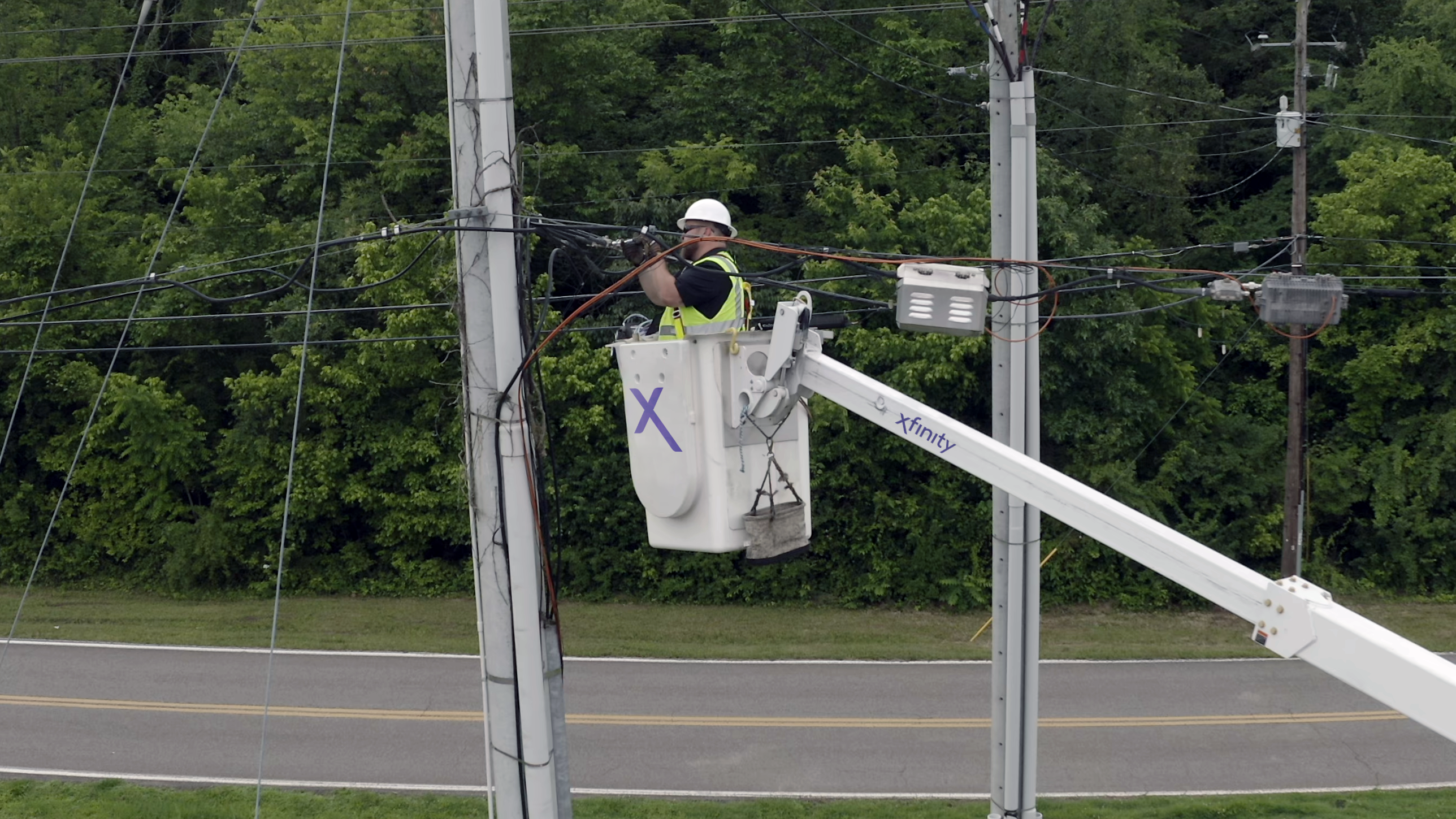
Community-Owned Connectivity: DAWN and Helium empower users to own and operate network infrastructure, shifting control from traditional ISPs to individuals and communities.
-
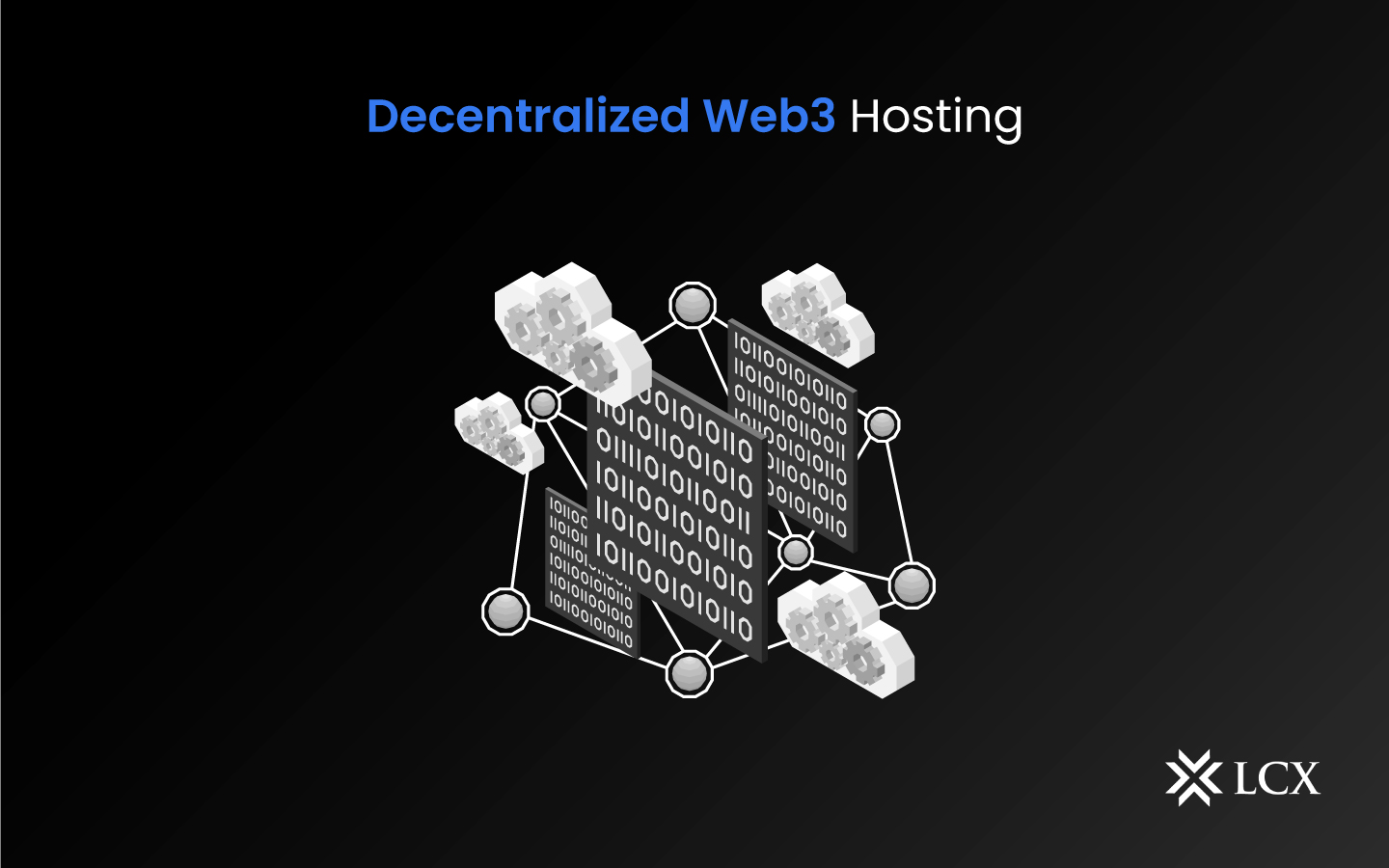
Lower Costs and No Middlemen: By eliminating traditional ISP intermediaries, the decentralized model reduces operational costs, leading to more affordable Internet access for users.
-

Earn Rewards for Participation: Users who deploy DAWN nodes or Helium hotspots can earn cryptocurrency, such as Helium’s HNT (currently priced at $2.10), by providing coverage and bandwidth to the network.
-
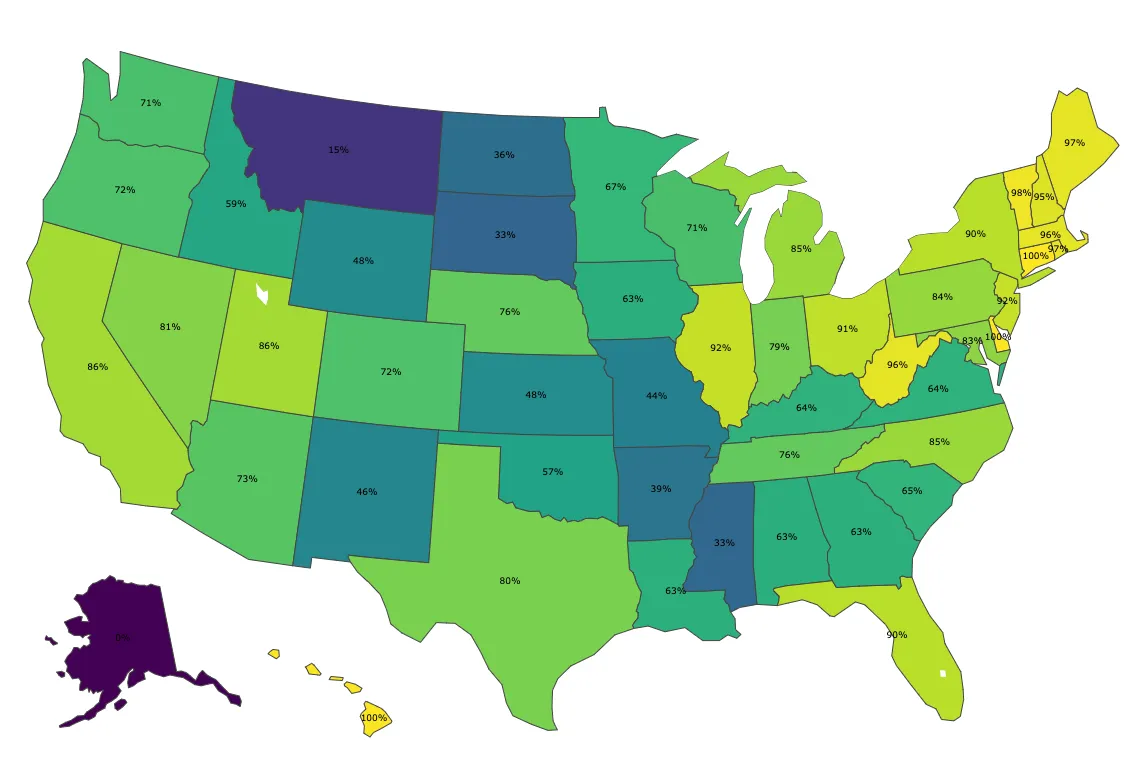
Expanded and Reliable Coverage: The integration of 8,000 DAWN nodes with the Helium Network in 2025 greatly expands the reach and reliability of decentralized broadband, especially in underserved areas.
-

Enhanced Privacy and Security: The trustless, on-chain architecture of DAWN and Helium minimizes reliance on centralized entities, offering users greater control over their data and privacy.
-
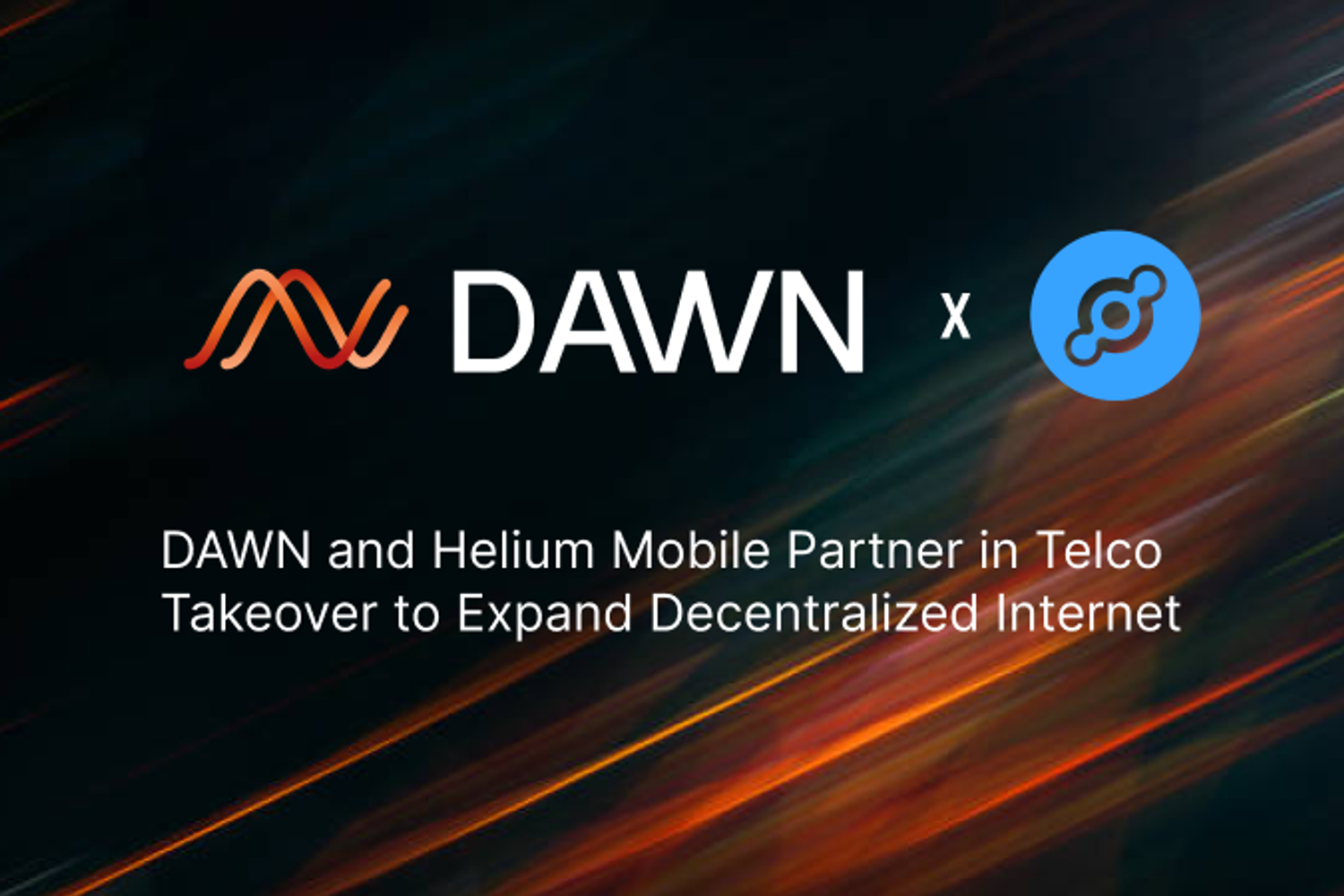
Seamless Mobile and Broadband Integration: The partnership leverages Helium’s Passpoint technology and DAWN hardware to provide unified connectivity for both mobile and home Internet, simplifying user experience.
Beyond the economics, there’s a resilience benefit as well. Distributed networks are inherently more robust against outages or censorship. If one node goes offline, others nearby can pick up the slack. This redundancy is critical for underserved areas and during emergencies when centralized infrastructure may fail. The open-source ethos also means rapid innovation: both DAWN and Helium regularly push updates that enhance security, throughput, and interoperability, features that traditional ISPs often neglect.
The model’s transparency is powered by blockchain: every data packet routed through your node or hotspot is logged on-chain. This ensures fair compensation and fosters trust among participants. As more users deploy Black Box nodes or Helium hotspots, network effects kick in, coverage improves exponentially as each new participant not only consumes but also provides bandwidth.
DAWN Black Box Review: Ownership Meets Opportunity
For those considering deploying a node, the DAWN Black Box stands out for its ease of use and direct integration with both Solana-based smart contracts and Helium’s established mesh protocols. Setup requires minimal technical know-how, a plug-and-play experience designed for mass adoption. Security features like encrypted connections and on-chain identity verification protect both providers and users from common threats.
The economic incentives are clear: at an HNT price of $2.10, early adopters are already seeing tangible rewards for sharing their WiFi or broadband connections (source). As tokenized community broadband scales across cities and rural regions alike, these payouts could become an attractive alternative revenue stream, especially in places where traditional ISPs have failed to deliver affordable service.
Ultimately, what sets this movement apart is its community-first approach. Whether you’re motivated by economics (earning rewards), ideology (breaking monopolies), or pragmatism (better connectivity), the barriers to entry have never been lower, or the upside higher.
What Comes Next?
With 8,000 new DAWN nodes slated for deployment into the Helium Network throughout 2025 (details here), expect coverage gaps to shrink rapidly as grassroots participants join en masse. The decentralized wireless broadband ecosystem is poised for exponential growth as more people realize they can both use, and own, a stake in their local Internet infrastructure.
The ISP monopoly isn’t broken yet, but it’s never looked more vulnerable. As tokenized incentives align with community-driven deployment models, expect cost savings, improved coverage, and digital sovereignty to become standard rather than exception.
